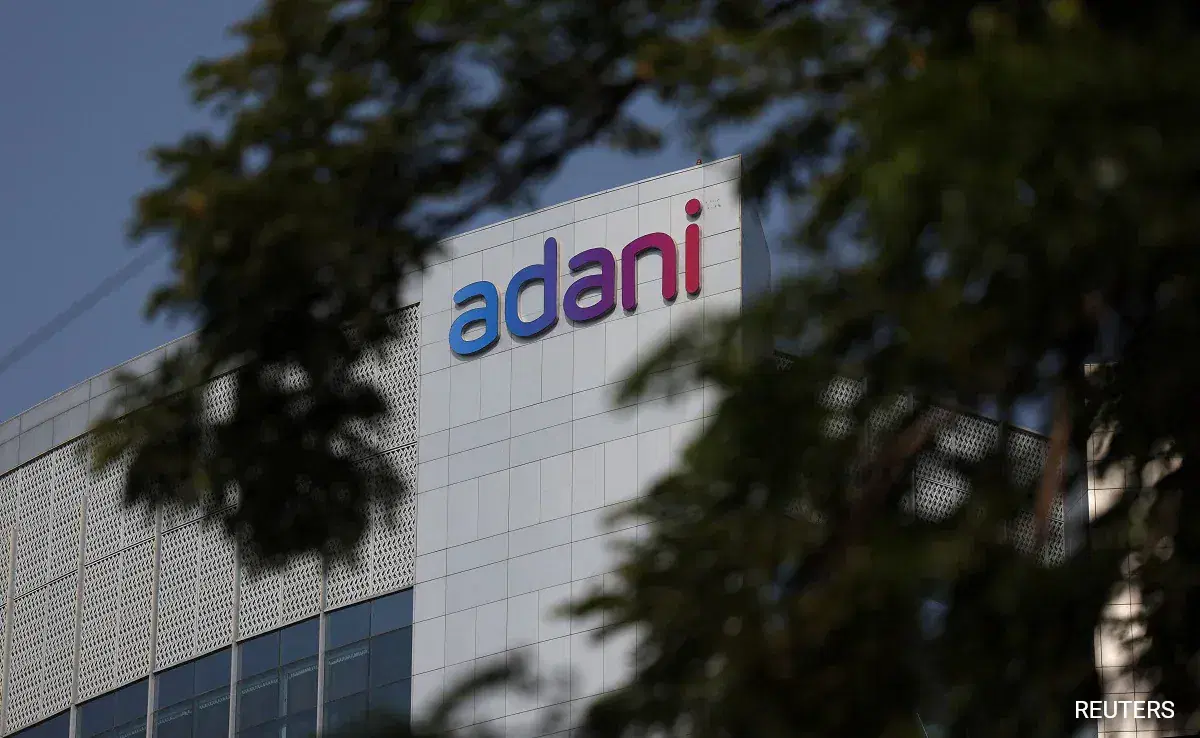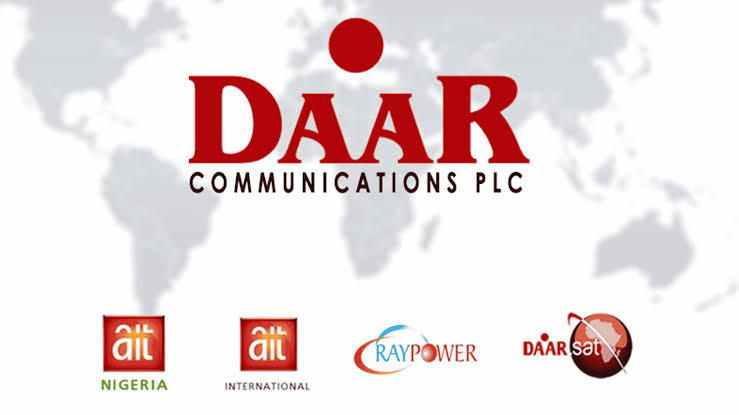The Federal Government of Nigeria has recently allocated approximately N4.83 trillion, sourced from Nigerian Treasury Bills and Bonds issued in 2024, to settle the Ways and Means Advances obtained from the Central Bank of Nigeria.
This disclosure was made by Mr. Wale Edun, the Minister of Finance and Coordinating Minister of the Economy, during his presentation at the Lagos Business School Breakfast Club.
This development underscores a recurring pattern of borrowing and debt servicing within the Nigerian government, creating what could be likened to a financial carousel.
In late 2023, the government secured N2.94 trillion from the CBN through Ways and Means Advances to service its domestic debts, revealing a reliance on borrowing to fulfill financial obligations.
Fast forward to the present, and the government is now utilizing proceeds from public domestic debt—generated through the issuance of NTBs and Bonds—to offset the substantial loan acquired from the CBN.
This cyclic borrowing strategy entails using new debt to service existing obligations, raising concerns about the sustainability of the government’s fiscal approach and its long-term impact on investor confidence and Nigeria’s creditworthiness.
In his paper titled “Reconstructing the Economy for Growth, Investment and Climate Resilience Development,” Edun emphasized the government’s strategy of increasing the pricing of government securities to attract dollar inflows, albeit at a higher cost.
This pricing strategy has resulted in a significant rise in the volume and discount price of 364-Day NTBs from FY 2023 through Q1 2024, indicating heightened investor interest and government efforts to foster productivity, job creation, and sustainable economic growth.
However, the CBN’s aggressive stance on defending the naira is expected to lead to substantial interest payouts, with approximately N1.01 trillion projected.
Despite high demand for government securities, cautious liquidity management in the banking system is evident, as seen in the CBN’s total sales of about N5.64 trillion compared to total subscriptions of N21.17 trillion.
Foreign investors have shown increasing interest in Nigeria’s financial instruments, with over 75% of bids received during recent auctions coming from foreign sources.
Higher interest rates employed to control inflation attract foreign investors seeking better yields, potentially stabilizing and strengthening the Naira. However, this comes at a cost, as noted by the minister, with increased expenses for defending the naira and combating inflation through T-bills potentially limiting the central bank’s maneuvering capacity in other areas.
The Ways and Means provision enables the government to secure short-term or emergency financing from the CBN to address cash flow gaps. This debt is subsequently transferred to the Debt Management Office with a 40-year tenor, a 3-year moratorium, and an interest rate of 9%, in accordance with Section 38 of the CBN Act, 2007.
This section empowers the apex bank to grant temporary advances to the Federal Government to address temporary budget revenue deficiencies at its discretion.










